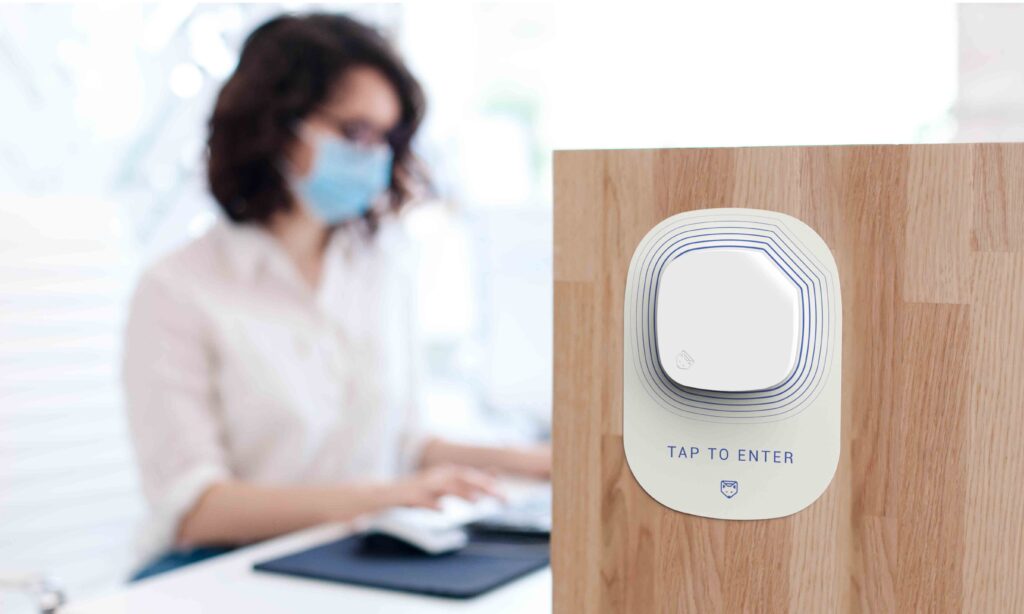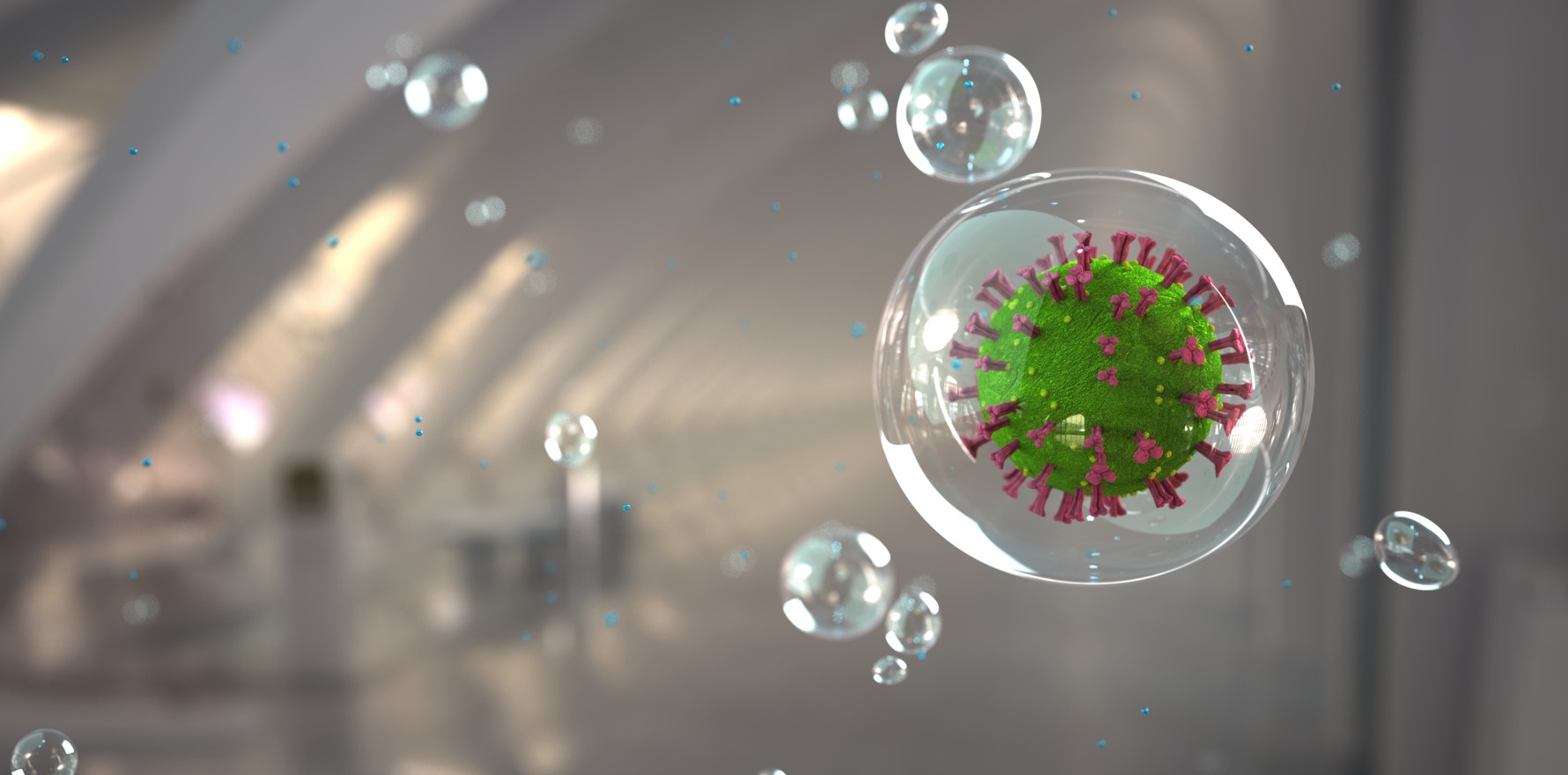An Australian innovation may change the way hospitals and other workplaces screen for this and other viruses.
With covid expected to remain circulating in the world for the foreseeable future, fast and simple detection will be an important element in ongoing protection.
A newly developed sensor known as the Scout, created through a joint project between researchers at RMIT University and Melbourne-based biomedical start-up Soterius, is looking to help quickly and easily detect the virus, even in tiny amounts in the air.
The Scout uses a process that mimics the way the virus works in the human body. “The sensors have specific binding sites on them that are similar to the way the SARS-CoV-2 spike protein binds to our cells, only the virus binds to these sites on the device,” said Professor Sharath Sriram, from the school of engineering at RMIT University, who leads the programme.
“We use a variety of protein structures related to SARS-CoV-2 to ensure these sensors can respond accurately, with protein selection guided by experts from the Burnet Institute,” Professor Sriram told TMR sister publication Wild Health.
The sensing technology has been tested and developed extensively, with data from hundreds of sensors analysed. “The fundamental technology is based on a collection of patents at RMIT University, with Soterius licensing it for commercialisation in the area of SARS-CoV-2 detection,” Professor Sriram added.
The detection sensor can be carried as a fob and linked to a smartphone, or it can be swiped over an in-room reader at “checkpoints” to allow entry. The sensor shows a positive or negative signal within a minute, giving the all-clear for someone to enter their work environment or alert them if they need to undertake a medical covid test and self-isolate.
The tiny tech that detects covid
Soterius is an alumnus of the MedTech Actuator, of which RMIT University is a partner. In development since 2018, the project has been led by co-founders Dr Alasdair Wood and Dr Chih Wei Teng, along with the RMIT project team from the Functional Materials and Microsystems Research Group, which includes Professor Sriram, Dr Ganganath Perera, Professor Madhu Bhaskaran and Dr Md Ataur Rahman.
The beauty of the tiny tech is its compact electronics – the size of a postage stamp and without a battery. This allows it to be deployed anywhere in the world, even potentially reaching remote and vulnerable communities in other parts of the world.
“When SARS-CoV-2 is present, the sensor changes its electrical property – this change can be measured and shown on a display or as a red or green light, displaying the outcome on a smartphone or a light on a wall-mounted reader,” Professor Sriram explained.

More than Covid detection
The sensor has other promising applications beyond covid, with the ability to detect other conditions in the human body. The sensing technology can be applied to a range of viruses; to biomarkers linked to health parameters such as cardiac function, diet, or stress; and can enable rapid screening for certain cancer types.
“One sensor can detect up to eight viral strains and our technology can be easily adapted to detect new variants or novel viruses as they emerge,” Dr Wood explained to Wild Health.
To build out its applications, Soterius intends to pursue detection of prevalent influenza strains and other respiratory viruses. “The technology is versatile, and can be rapidly repurposed to target any virus. The sensor chip can be covered with binding sites for any material of interest, be it other respiratory viruses or biomarkers, or to find minor variants of DNA,” said Wood.
The research team is looking to work with the Peter MacCallum Cancer Centre in using the devices for rapid and early screening for cancer using minor changes in DNA signatures, in a project supported by the National Foundation for Medical Research and Innovation.
There are plans for it to appear in clinical settings such as hospitals as well as workplaces, with local production capacity giving it a path to wider update. “The sensors, especially the nanotechnology-enabled biosensing chip, can be rapidly manufactured at scale. Even under laboratory conditions, we can produce about 5,000 a week,” said Professor Sriram.


